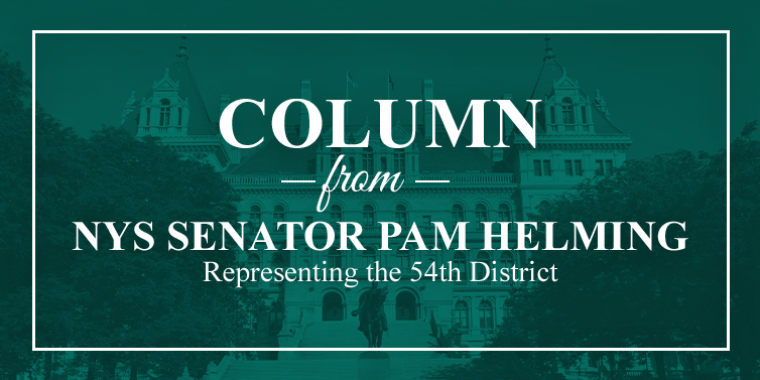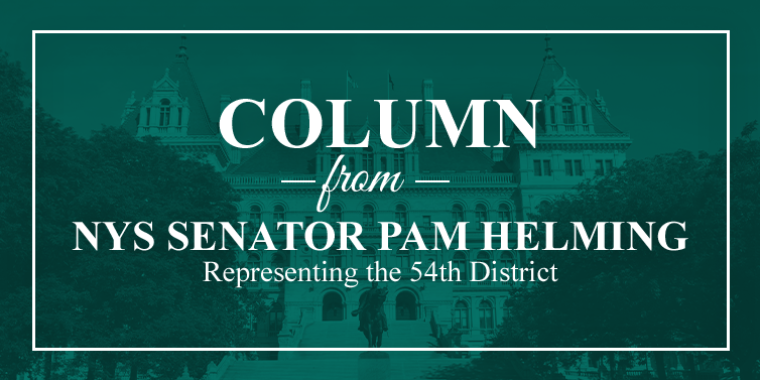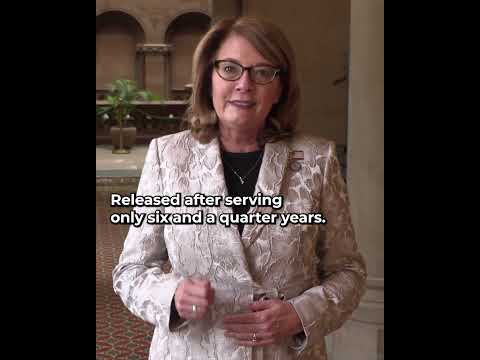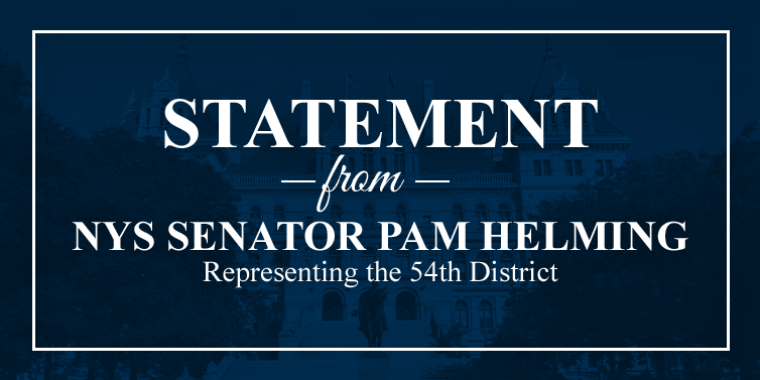
Column: We can protect the environment and protect taxpayers and businesses
March 4, 2024
-
ISSUE:
- NY HEAT Act

Those who know me know that protecting the environment and our natural resources is one of the reasons I ran for public office. Our environmental future is key to so many aspects of New York’s prosperity. That is why I’m concerned when the Legislature enacts environmental legislation in haste, because it can have detrimental and rippling effects on New York’s economy and quality of life.
One example of this is the NY HEAT Act, portions of which have been included in Governor Hochul’s Executive Budget and termed the Affordable Gas Transition Act. If enacted, this will be far from affordable for many New Yorkers and will jeopardize access to reliable energy and employment opportunities in our state.
My constituents are already feeling the financial impact of the state’s energy policies. The Empire Center for Public Policy has estimated that the Climate Leadership and Community Protection Act (CLCPA), signed into law in 2019, has caused increases in utility bills between 4.5% and 9.5%.
Necessities like groceries and housing are increasingly unaffordable for many New Yorkers. We cannot afford to pursue policies that place further strain on household budgets. The NY HEAT Act would do just that by eliminating sources of affordable, reliable energy and forcing many New Yorkers to switch to electricity. Industry projections estimate that homes and businesses will face costs between $20,000 and $50,000 to transition to electric.
The legislation does include a “goal” that residential customers not bear an energy burden greater than 6% of their household income. However, the bill also allows the state’s Public Service Commission to establish per-customer caps on the amount of energy subject to affordability protections. It further allows ratepayers to be forced to pay an unspecified amount to fund the proposed energy affordability program.
This goal also applies only to residential customers, ignoring the catastrophic impact that increased energy costs will have on local businesses.
In addition to increasing costs, the NY HEAT Act could also cost many New Yorkers their jobs. The bill proposes eliminating the “100-foot-rule,” which requires a utility to provide service to a customer within 100 feet of a main line. Elimination of this rule could also result in the elimination of thousands of jobs for workers who provide this service.
Rochester-based Power and Construction Group estimates that 100 people, one-third of its workforce, would be laid off if this act is implemented. Similarly, IBEW representatives I met with recently suggested that between 1,000 and 3,000 jobs would be lost if the NY HEAT Act becomes law.
On top of that, manufacturing businesses could be forced to leave the state as a result of even higher energy costs and no access to the gas their operations rely on.
As Chair of our Senate Republican Conference, I’ve worked with my colleagues to propose alternative solutions that support diverse energy sources, consider realistic timelines, allow for independent cost studies and full transparency, and ensure the reliability of the electric grid.
While it is important that we take steps to reduce emissions and protect the environment, we must also be conscious of the impacts on consumers, businesses, and the workforce. The NY HEAT Act fails to adequately and responsibly consider these impacts and I strongly urge my colleagues to reject it.
Share this Article or Press Release
Newsroom
Go to Newsroom


